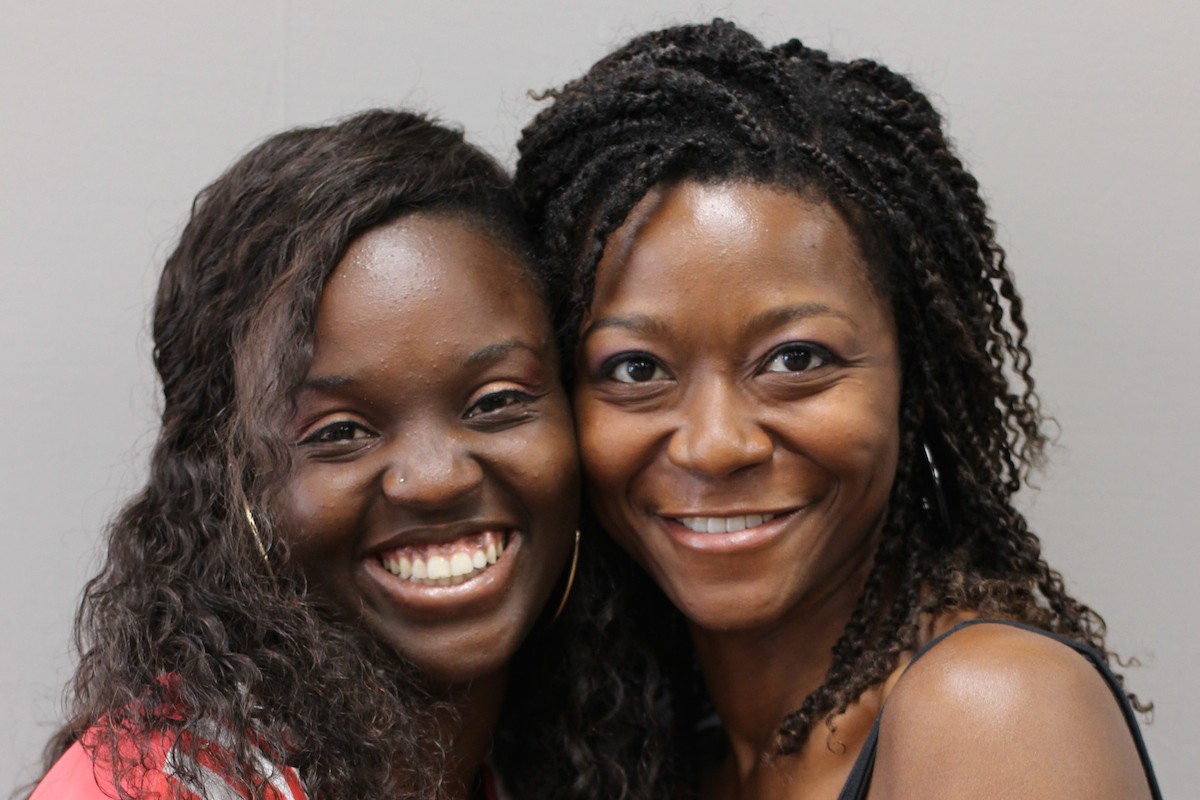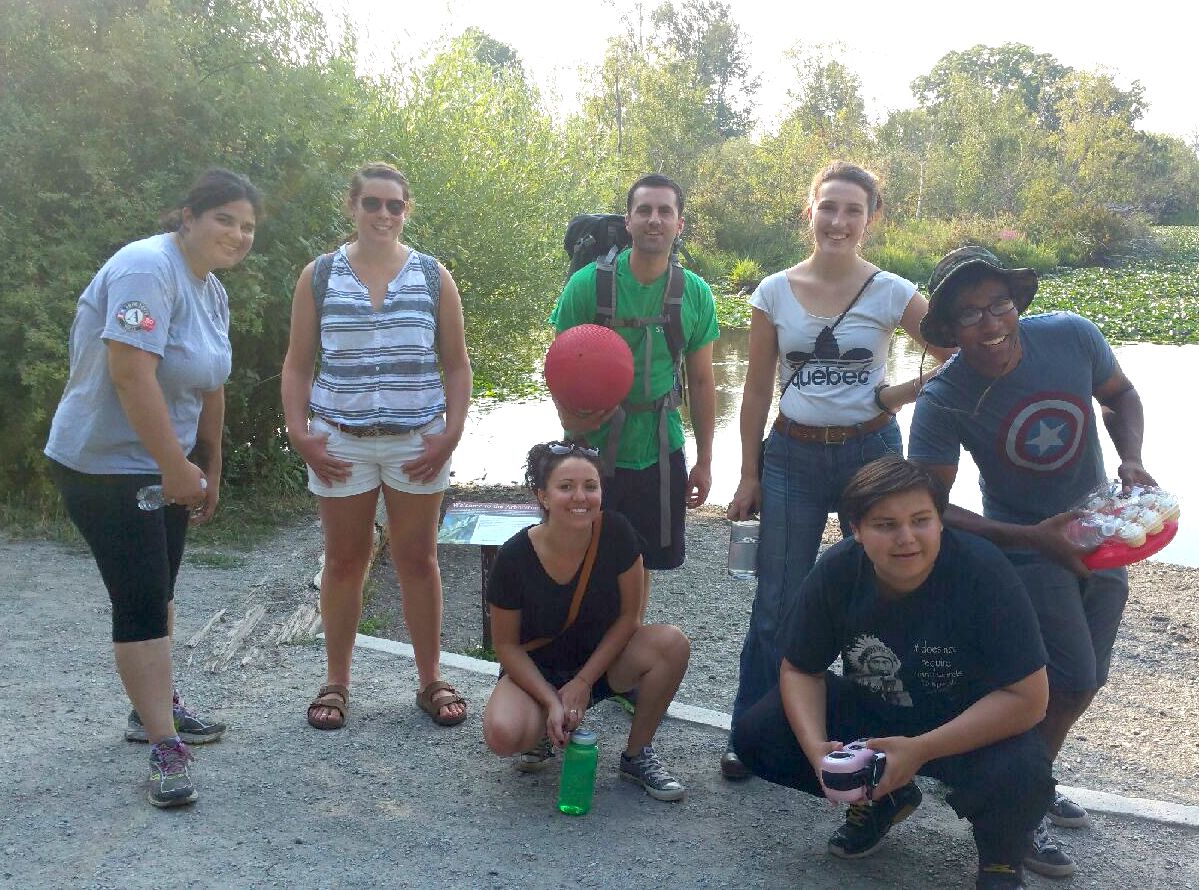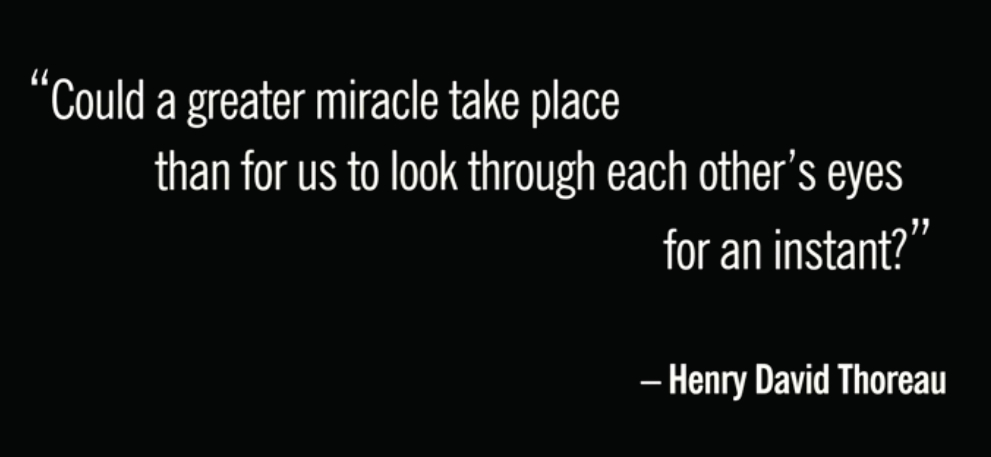In a new StoryCorps conversation, Danielle relays a grocery store customer's snide comment to her white adoptive mother. It was just one of many times she has been disparaged for being a black woman. And racism in our community face goes far beyond unkind remarks.
Featured
No Family to Turn to: After Foster Care, Many Youth Face Homelessness
Marja Morgan helps young people who have aged out of foster care get assistance with their housing, employment, and education needs. We invited Marja to write about her work with the YMCA of Greater Seattle's Independent Living Program, as well as the reasons that people who were once in foster care are at greater risk of experiencing homelessness. Marja also writes about a chance encounter with a globetrotting woman who prompted her to reflect on her own vulnerability to homelessness.
Connecting the Dots Between Homelessness and Health
Lana and her daughter were evicted from their two-bedroom apartment in Renton last year when Lana’s kidneys failed and she could no longer work to keep up on rent. Like many families, they opted to hold on to their vehicle and the little bit of security and freedom it still offers them. Real Change recently reported their story as part of an ongoing series on vehicle residents in Seattle. Hannah Hunthausen from Seattle University's School of Theology & Ministry reflects on the report, and invites readers to learn more about the intersections of homelessness and health.
Wired for Empathy: What Makes a Story Powerful
Why do storytelling projects like Humans of New York, Homeless in Seattle and StoryCorps "Finding Our Way" move us so deeply? And what lessons can advocates learn from their success? Perry Firth breaks it down in this post, the third and final part of her series on storytelling, empathy and advocacy.
Wired for Empathy: How and Why Stories Cultivate Emotions
Certain stories are more likely than others to spark emotion and motivate people to take action. In this second part of our series on storytelling and empathy, Perry Firth takes us through fascinating research that explains why.




